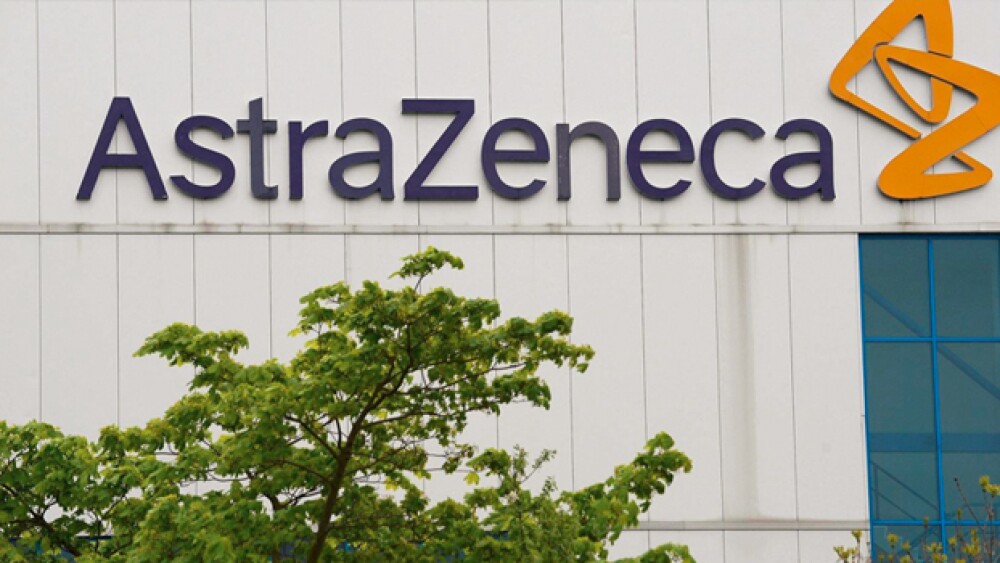The two companies will focus on utilizing the microbiome, all the bacteria, viruses and fungi in the body, to improve cancer immunotherapy.
Cambridge, Mass.-based Seres Therapeutics signed a three-year research collaboration with AstraZeneca. The two companies will focus on utilizing the microbiome, all the bacteria, viruses and fungi that live in the body, to improve cancer immunotherapy.
Under the terms of the partnership, the two companies will study microbiome-based approaches as a way of predicting which patients will respond best to specific cancer treatments. They may also investigate SER-401, an investigational microbiome treatment, in combination with AstraZeneca cancer drugs.
AstraZeneca is paying Seres $20 million in three equal installments over two years. The first payment will be made at the beginning of the partnership. AstraZeneca will reimburse Seres for research related to the partnership. Seres will hold rights to oncology targeted microbiome therapeutic candidates. AstraZeneca keeps the option to negotiate for rights to the programs and other products or inventions that come out of the collaboration.
“We are very pleased to be collaborating with AstraZeneca, a global leader in oncology, to advance the development of potential microbiome-based therapies for cancer,” stated Eric Shaff, president and chief executive officer of Seres. “Through the activities under his collaboration and in our SER-401 Phase Ib clinical study in metastatic melanoma, we hope to meaningfully advance our understanding of the potential for microbiome therapeutics to magnify the impact of cancer immunotherapy.”
Seres’ lead program is SER-109, currently in Phase III development for recurrent C. difficile infection. The U.S. Food and Drug Administration (FDA) has granted it Breakthrough Therapy and Orphan Drug designations.
Seres also has SER-287, currently in a Phase IIb clinical trial in patients with active mild-to-moderate ulcerative colitis. And it is advancing SER-401 into clinical development for immuno-oncology.
SER-401 is an oral microbiome therapeutic that came from healthy individuals who have a microbiome bacterial signature similar to that seen in patients who respond positively to cancer immunotherapy. The goal is to modify the microbiome of cancer patients to improve the effectiveness of immunotherapy. The therapeutic is being studied in a Phase Ib clinical trial in collaboration with The University of Texas MD Anderson Cancer Center and the Parker Institute for Cancer Immunotherapy in metastatic melanoma.
Early data hints that the microbiome might impact the effectiveness of checkpoint inhibitors. Common checkpoint inhibitors include Merck’s Keytruda, Bristol-Myers Squibb’s Opdivo and AstraZeneca’s Imfinzi.
AstraZeneca’s Imfinzi has played catch-up in the checkpoint inhibitor market, so this deal is likely seen as a potential strategy to move forward. It’s not a particularly large amount of funds, as these sorts of deals go, but Seres is a small company that recently reorganized, laying off its chief science officer and 30 percent of its staff.
“Our new collaboration with Seres Therapeutics represents an important opportunity to advance our understanding of the relationship between the microbiome and the immune system’s ability to respond to cancer therapy,” stated Jean-Charles Soria, senior vice president, Research & Development Oncology at AstraZeneca. “Despite progress in the field of immunotherapy, we are only at the tip of the iceberg. Too many patients are still unable to benefit from existing therapies, so we must continue following the science in pursuit of new and innovative solutions.”
Investors seemed happy with the deal, driving Seres’ stock up almost 25 percent.





